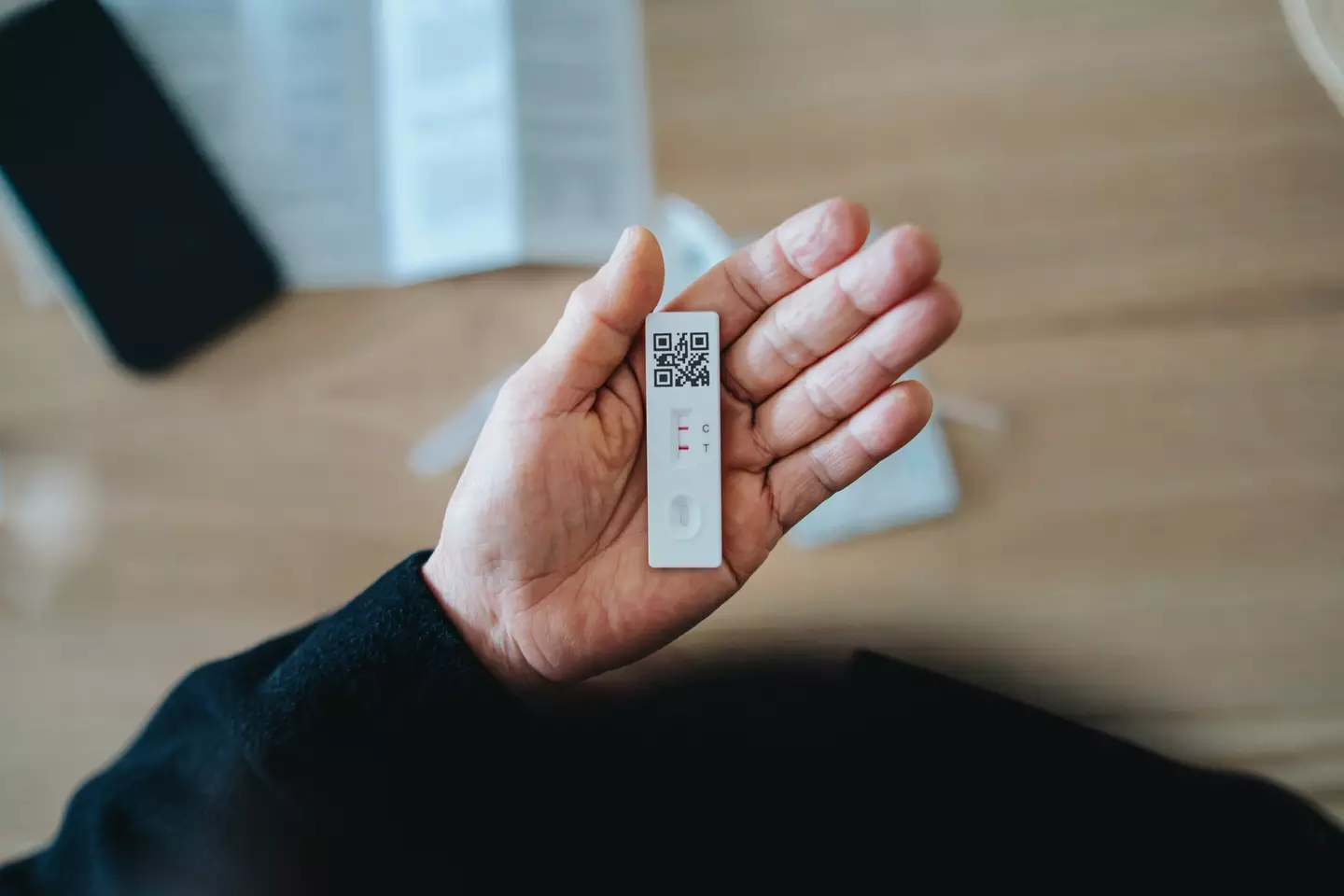
Patients experiencing the new Covid variants are being encouraged to do four things to protect themselves and others.
The Coronavirus pandemic almost seems like a distant memory considering the outbreak brought the entire world as we know it under severe restrictions more than five years ago.
However, while the virus is far less life-threatening than it was back in 2020, it continues to mutate. And now, there are two new variants on the scene that are spreading rapidly across the US.
The strains, XFV, nicknamed Stratus, and NB.1.81., dubbed Nimbus, are behind a recent spike in infections that surged at the end of August and peaked mid-September.
Advert
Though not as bad as the 'OG' Covid of 2020, they still carry some grim symptoms for those suffering, including an excessively sore throat, cough, aches and pains, fatigue, and even diarrhoea.

Now, medics are urging people with a respiratory infection and a high temperature are being advised with those all-too-familiar words to 'stay at home', if possible, and avoid contact with vulnerable people like the elderly and people with weakened immune systems.
Among the four top tips to stay safe and stop the spread is to wear a well-fitting face covering, either a surgical mask or a covering made with multiple layers.
Avoiding crowded places, including public transport, big social gatherings and areas that are enclosed or not ventilated efficiently.
Medics are also encouraging people to exercise outdoors as opposed to in gyms, to limit close contact with other people.
Finally, they say to cover your mouth and nose when you cough or sneeze, keep washing your hands regularly and thoroughly with soap and water for at least 20 seconds.
Hand sanitizer is also a wise choice, especially after coughing, sneezing, blowing your nose and before you eat or handle food.

The advice comes as Nimbus and Stratus are at 'very high' levels in parts of the US, including Nevada, Connecticut, Utah and Delaware, though other parts of the country are showing signs of the spread slowing down.
Nimbus was first detected in China at the start of the year before emerging out of the continent and sweeping across Europe, Australia and North America - and as it did, it collected genetic tweaks that make it cling to human cells effectively, making it rather efficient at spreading quickly.
It has some pretty nasty side effects too, with patients reporting 'severe pain' with a razor-blade-like throat.
As for Stratus, the variant reared its ugly head in Southeast Asia in January before creeping across 38 countries just five months later, though fortunately, it doesn't come with as many rough side effects other than the usual Covid symptoms - cough, fatigue, aches and a runny nose.
Topics: Coronavirus, US News, Health